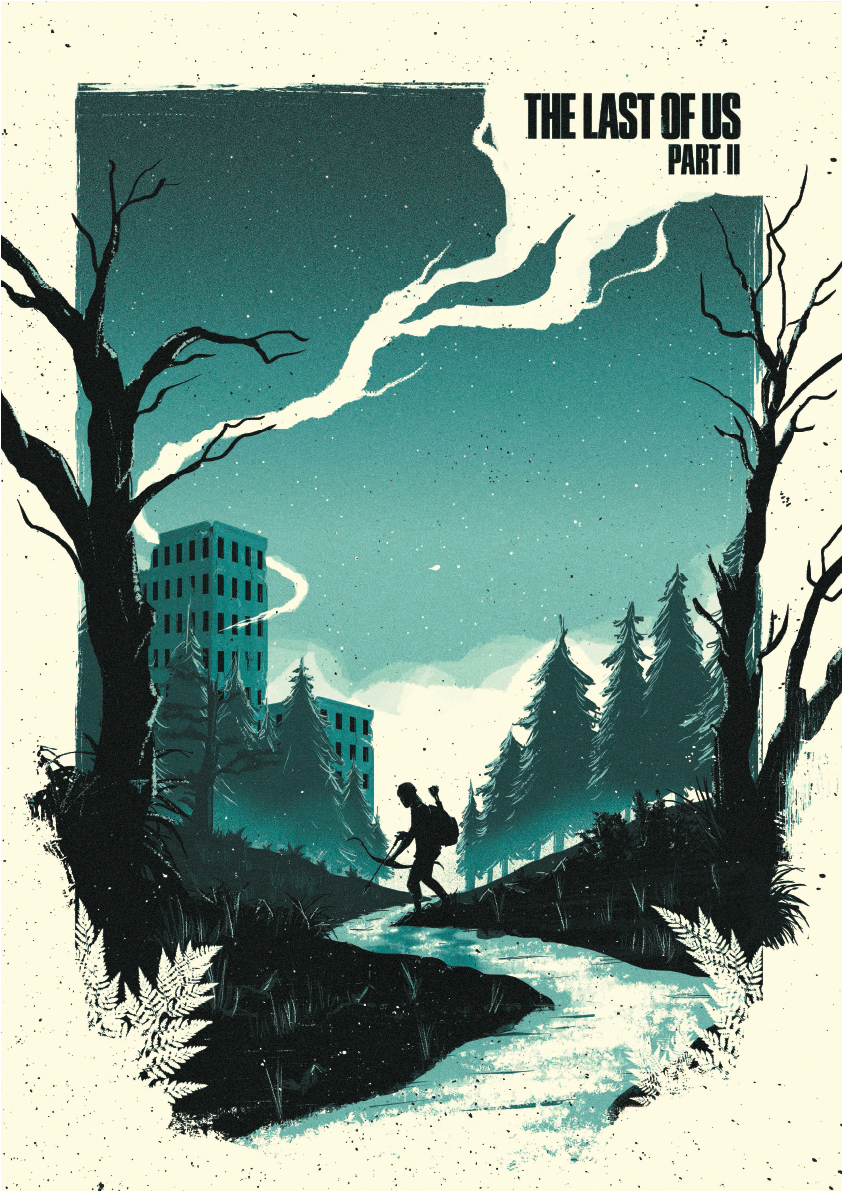First much appreciation for both Phil Ford and J F Martel. I do not manage to listen to them as often as I could, but when I do, it is always a blast. That is why one needs friends (not friends-bosses or friend-unfriend dynamics as talked about in this piece. Friends to recommend and catch one looses trough a web cast to widely.
What I appreciate about their heady mix is first the way they never belittle and be dissmissive with their subjects, their topics (and their public) their humility and modesty in front of such vast subjects.
No matter how diverse or dispersed things are and rabbit holes go – they always manage to follow a certain waveform, play on certain motifs. They can combine high theory (Deleuze), avant-garde (Burroughs) with the most harrowing examples of heroin addict descriptions. They can both make a sociology of taste, follow on the strictures of Bourdieu, while at the same time catching a strong whiff of spirituality in Richard Dawkins or Sam Harris, while at the same time finding religious (initial sin) groundings of Marxist critique of commodification, ideology and cultural superstructure. They can talk about the merits of secular society, while at the same time pointing towards the commodification behind new religions, prosperity gospel, as well as the sort of spiritualized practices, anthropotechnical hacks that are everywhere – from Silicon Valley to self-actualization corporate seminars. They decry the anxiety of cultural appropriation, its totalizing and too large terrain – while at the same time they weigh in on all the decontextualized, fetishized spiritualism, that leaves all the burden, the suffering out. They take the critique of Buddhism by Zizek, the Buddhist apparent integration of human universal suffering, while at the same time warning about the free style of new ironic class, the distinction proffered by hipster irony-non-irony thin line and the constant hard to learn code switching. One of my favorites is the part about friends – about Buddhas (and especially Osho’s speech on friendship!) sermon about the future master transforming into friend, never so true as in today’s corporate culture. Societies of control complete changed the rule of the game that went hand in hand with a changed definition of friendship, removed from the one inherited from Aristotle.
ABOUT THIS EPISODE
In this never-before-released episode recorded in 2019, Phil and JF travel to rural Oregon through the Netflix docu-series, Wild Wild Country. The series, which details the establishment of a spiritual community founded by Bhagwan Rajneesh (later called Osho) and its religious and political conflicts with its Christian neighbors, provides a starting point for a wide-ranging conversation on the nature of spirituality and religion. What emerges are surprising ties between the “spiritual, not religious” attitude and class, cultural commodification, and the culture of control that pervades modern society. But they also uncover the true “wild” card at the heart of existence that spiritual movements like that of Rajneesh can never fully control, no matter how hard they try.
REFERENCES
Chapman and Maclain Way (dirs), Wild Wild Country
Richard Dawkins, The God Delusion
Pierre Bourdieu, Distinction: A Social Critique of the Judgement of Taste
Carl Wilson, Celine Dion’s Let’s Talk About Love: A Journey to the End of Taste
Peter Sloterdijk, German cultural theorist
Weird Studies, Episode 47, Machines of Loving Grace
Slavoj Žižek, On Western appropriation of Eastern religions
William Burroughs, American writer
Gilles Deleuze, “Postscript on the Societies of Control”
Bhagwan Rajneesh/Osho, Speech on friendship
Daniel Ingram, Mastering the Core Teachings of the Buddha
Paul Tillich, Dynamics of Faith
James Carse, The Finite and Infinite Games

















